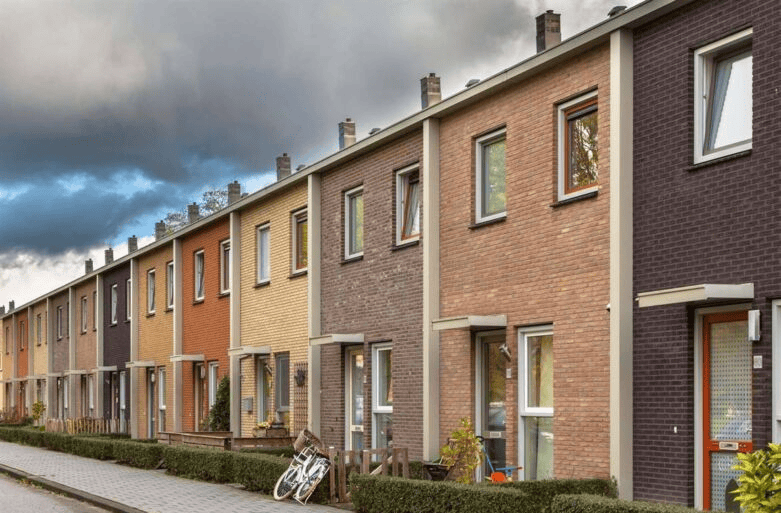
The housing crisis in the Netherlands requires more than symptom control and short-term political fixes. Four housing market experts – Peter Boelhouwer, Jan Rouwendal, Desiree Uitzetter, and Friso de Zeeuw – are sounding the alarm in the run-up to the cabinet formation. Their message to politicians is clear: stop the zigzag policy approach and commit to structural, long-term solutions.
The authors present their call in a report titled: “Aanpakken van het woningtekort in de nieuwe kabinetsperiode: recept en ingrediënten voor langjarig succes” (“Tackling the Housing Shortage in the New Cabinet Term: Recipe and Ingredients for Long-Term Success”, available in Dutch only).
About the authors:
Prof. Dr. Peter Boelhouwer is Professor of Housing Systems at TU Delft and a Research Fellow at the Housing Lab
Prof. Dr. Jan Rouwendal is Professor of Real Estate Economics at VU Amsterdam and a Research Fellow at the Housing Lab
Drs. Desiree Uitzetter is an expert in area development, a supervisory board member, and former chair of NEPROM
Emeritus Prof. Mr. Friso de Zeeuw is an advisor in area development and Emeritus Professor of Area Development at TU Delft
Zigzag policy worsens the problem
According to the experts, the current approach to the housing market is marked by inconsistency and unpredictability. Policy measures are rapidly introduced, only to be reversed shortly afterward. A clear example is the treatment of the private rental sector: initially, buying homes to rent out was encouraged, but later, investors were severely restricted. The sudden rent freeze and its subsequent withdrawal also illustrate short-sighted zigzag policymaking. This erratic course undermines the confidence of investors, citizens, and municipalities, and causes structural housing development to lag behind.
Structural Solutions Instead of Quick Fixes
To address the housing shortage – which has now grown to around 400,000 homes – well-considered long-term decisions are needed. In their manifesto, the four authors propose phasing out the mortgage interest deduction over a period of fifteen years, starting with homes that have the highest assessed value (in Dutch abbreviated as “WOZ waarde”). This would generate billions that could be invested in new housing construction, infrastructure, and income compensation.
Designating new development areas and simplifying building procedures are also essential. With less bureaucracy, existing buildings can be transformed more quickly, for example by adding extra floors or splitting larger homes into multiple units.
A realistic and consistent housing policy
According to the authors, many proposals put forward by political parties are unrealistic and financially unfeasible. They warn that making empty promises – such as offering affordable housing without explaining how it will be delivered – undermines public trust in politics. Sustainability, circular construction, and climate adaptation are important, but they also come at a cost. Politicians must face that reality.
That’s why consistency is essential: clear rules, unambiguous regulations, and stable policies that remain consistent across successive governments.
Collaboration as the key to success
The experts emphasize that no single party – government, market, or housing associations – can solve the housing crisis on its own. Cooperation between public and private actors is essential: municipalities need to take a more active role in land policy, while the national government must provide leadership and funding.
One example is the expansion of the National Fund for Affordable Homeownership (in Dutch: “Nationaal Fonds Betaalbare Koopwoningen”) to €1 billion. This would enable developers to offer homes below market price, targeting first-time buyers and middle-income households.
A call to the new cabinet: Focus on the long term
The manifesto by Boelhouwer, Rouwendal, Uitzetter, and De Zeeuw is a powerful appeal to policymakers to finally commit to sustainable solutions for the housing crisis. Short-term thinking leads to delays, unnecessary costs, and growing public distrust.
Their message is clear: focus on realism, consistency, and collaboration. Only then can we get the housing market moving again – not just for today, but for generations to come.
August 2025